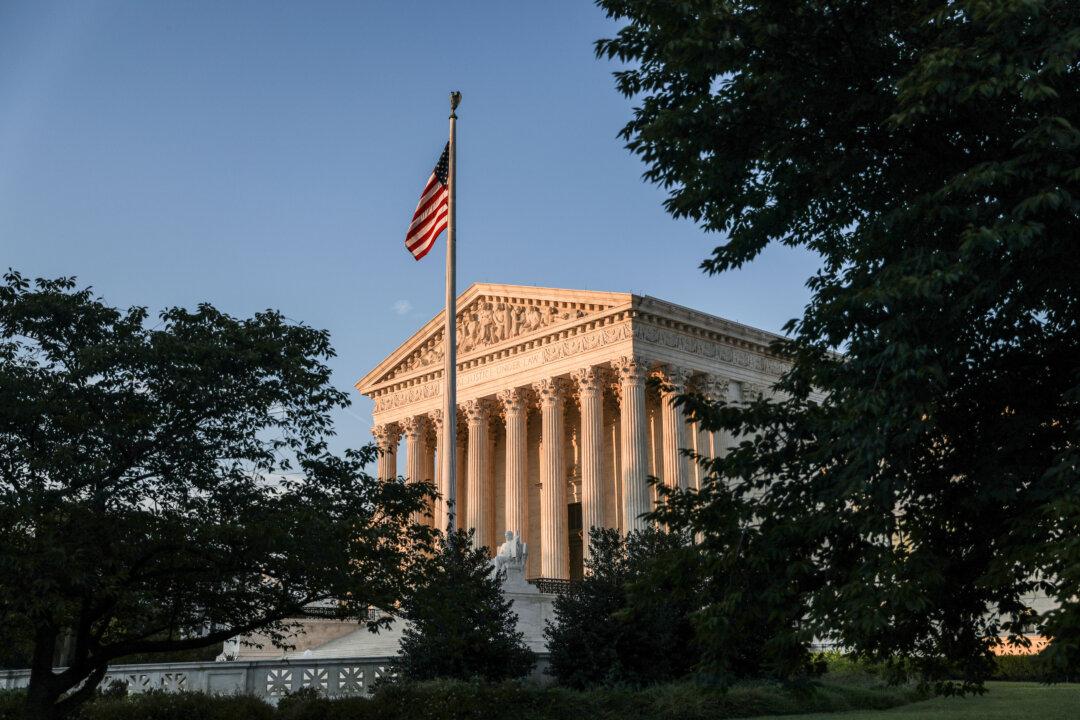Montana’s decision to exclude religious schools from a state scholarship program funded by tax credits violates the First Amendment to the U.S. Constitution, a divided Supreme Court ruled June 30, handing school choice advocates a significant victory.
The 5–4 decision in Espinoza v. Montana Department of Revenue is also a victory for the Trump administration, which had supported the students and their parents. Oral arguments took place Jan. 22.





